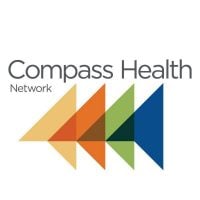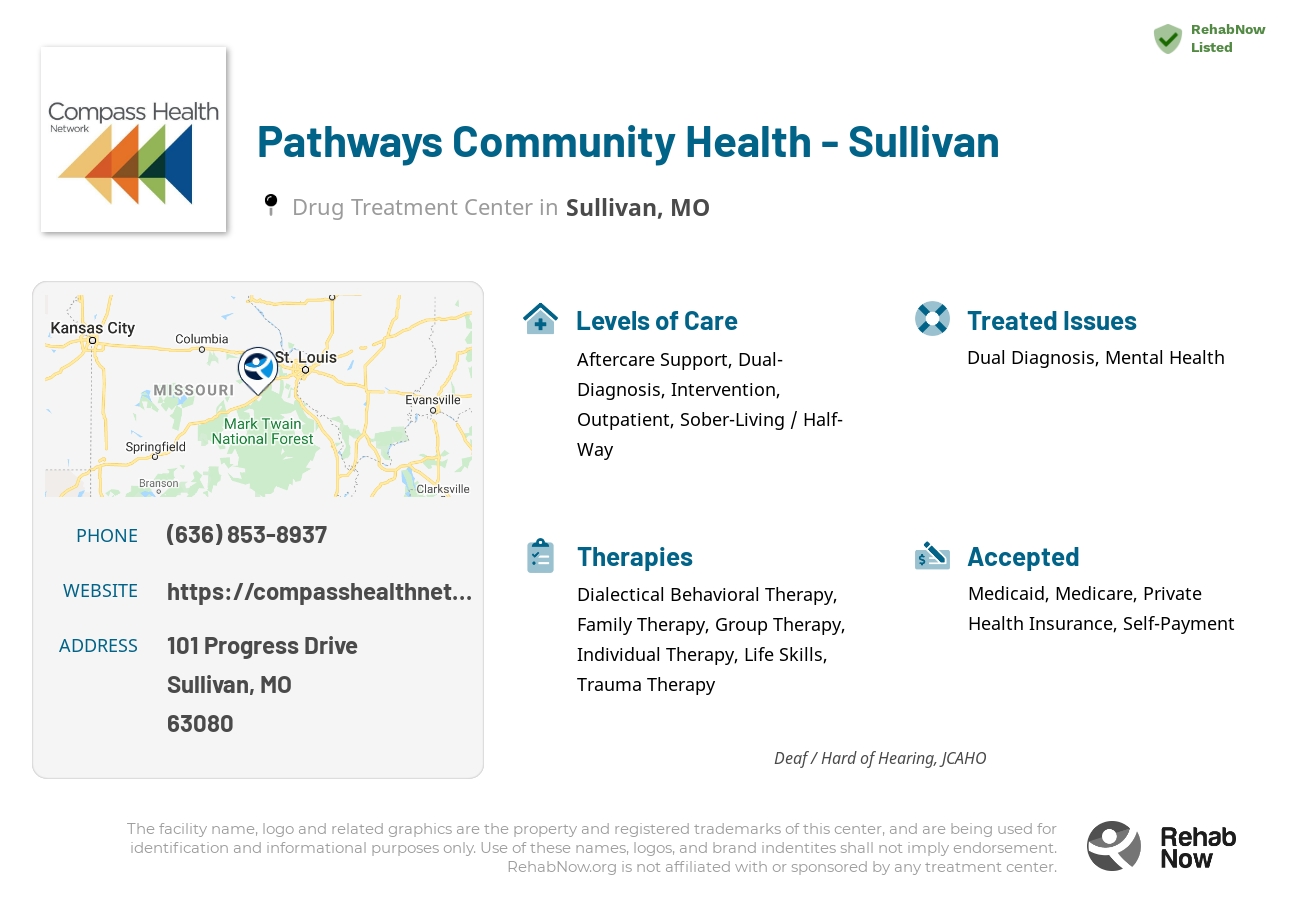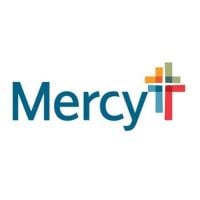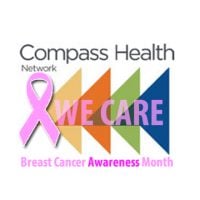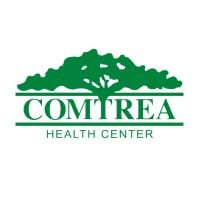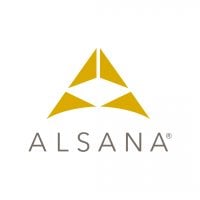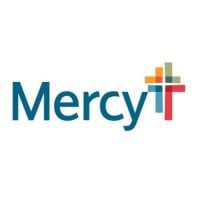Pathways Community Health - Sullivan
Drug Rehab Center in Sullivan, Missouri
Pathways Community Health - Sullivan in Sullivan, Missouri offers a wide range of healthcare services including family medicine, dental care, behavioral health, urgent care, specialty care, addiction and substance abuse treatment, with a focus on providing high-quality care to the residents of Franklin County and their surrounding area.
About This Missouri Facility
Located in Sullivan, Missouri, Pathways Community Health - Sullivan stands out for its integrated approach to addressing addiction. It is not just an addiction treatment center; it delves deeply into mental health services for both children and adults. By offering outpatient therapy, psychological testing, and the innovative Integrated Dual Disorder Treatment, this facility prioritizes a holistic recovery.
Pathways Community Health - Sullivan is distinguished by its accreditations, most notably from the Joint Commission on Accreditation of Healthcare Organizations (JCAHO). This recognition is reassurance of the high-quality care and comprehensive services provided, focusing on individualized treatment plans that encompass psychotherapy, family counseling, and medication-assisted treatment in a holistic manner.
- Integrated Approach to Treatment: Tailors services to meet the dual needs of mental health and substance abuse, ensuring a comprehensive recovery plan.
- Variety of Support Services: From outpatient to residential and detox services, there’s a tailored level of care for each phase of recovery.
- Holistic and Recreational Activities: Offers more than traditional therapy, including spiritual and recreational activities to support overall well-being and recovery.
Pathways Community Health - Sullivan offers specialized treatments for dual diagnosis, alcoholism, opioid addiction among others, employing a blend of psychotherapy, family counseling, and medication-assisted treatment to support recovery. The center provides a spectrum of care levels ranging from outpatient to residential, ensuring a tailored approach for each individual's recovery journey.
Genders
Ages
Modality
Additional
Accreditations

JCAHO
Conditions and Issues Treated
When addiction and psychiatric issues co-occur, the addict’s recovery is more successful when both conditions are treated. A dual diagnosis refers to a condition in which the patient is diagnosed with two health issues: addiction and bipolar disorder. The most common therapies are psychotherapy, behavioral therapy, spiritual counseling, 12-step programs, and medication management.
Levels of Care Offered at Pathways Community Health - Sullivan
This center offers a variety of custom treatment tailored to individual recovery. Currently available are Aftercare Support, Dual-Diagnosis, Intervention, Outpatient, Residential, Sober-Living / Half-Way, with additional therapies available as listed below.
An outpatient treatment program is set up to help with alcohol or drug addiction or a co-occurring disorder. The patient must attend the facility for their therapy and other programs but can return home each night.
The frequency of mandatory attendance decreases after much of Pathways Community Health - Sullivan‘s program is complete.
Outpatient treatment is a recovery approach that allows recovering addicts to live at home while getting rehab for addiction
An outpatient can include day treatments which include attending group sessions one hour per week. A person living in an outpatient environment may be allowed the opportunity to work full time if they choose to and continue studies without interruption from drugs/alcohol.
Outpatient treatment is an option for people who want to maintain their careers and families. Outpatients live at home but attend treatment such as individual counseling, group counseling, or twelve-step meetings during the day.
Sober Living Homes are used in drug rehab to help former addicts maintain sobriety. The residents are provided with a safe and supportive environment to learn how to live a sober life. They also provide them with opportunities for exercise, many of which encourage learning coping mechanisms that will be helpful later on.
Residential treatment programs are those that offer housing and meals in addition to substance abuse treatment. Rehab facilities that offer residential treatment allow patients to focus solely on recovery, in an environment totally separate from their lives. Some rehab centers specialize in short-term residential treatment (a few days to a week or two), while others solely provide treatment on a long-term basis (several weeks to months). Some offer both, and tailor treatment to the patient’s individual requirements.
Interventionism is a technique used to help an addict get clean and sober. The process begins with the addict’s family, friends, and co-workers gathering together to confront the addict about their addiction. This kind of treatment aims to get the addict in touch with their feelings about their addiction. They are encouraged to speak honestly about their drug use, as well as how it’s making them feel. Most addicts come to understand that their loved ones are only trying to help them.
Aftercare support is vital to the success of someone in drug or alcohol treatment. It involves assisting with entering a sober living home, getting career counseling or educational assistance and even getting the individual lined up with programs like AA and NA. This support helps recovering addicts readjust to normal day-to-day activities and maintain sobriety.
When a person is in drug or alcohol treatment, they have to increase their focus on themselves. They need to learn how to recognize the triggers that cause them to relapse and learn the habits that would benefit them if they were to be sober. This is all part of the growth in recovery, and aftercare is essential to that process.
Therapies & Programs
At Pathways Community Health - Sullivan , to learn from past mistakes and improve one’s situation, the recovering person meets individually with a therapist. The counselor or therapist will address addiction causes, triggers, mental issues, dual diagnosis, and aftercare plans during this time. This is a very intense and challenging process. Some clients find it easier to open up to someone other than family or friends who understand their struggles with addiction.
Family therapy is a crucial part of drug treatment and getting sober. It is one of the most effective ways to help addicts stay on the path to long-term sobriety. An addict’s family can play a vital part in helping them to avoid relapse. They can spot the warning signs and help them get back on track.
In group therapy, recovering addicts meet with a therapist and other people in recovery. Some groups are closed, meaning only people who share the same addiction or problem can attend. Others are open to anyone who wants to stop using drugs or drinking alcohol. Group therapy sessions typically focus on one topic each week or month so that recovering addicts can discuss issues they face daily.
Trauma therapy allows people to face and learn from past traumas.
Many people suffer childhood traumas that lead to adult addiction. During treatment at Pathways Community Health - Sullivan [/type], you can move forward in your recovery and reclaim your sober future! Trauma is a common cause of psychological disorders like Addiction Disorder. It’s common in Addictive Disorders patients because traumatized people have strong emotions or thoughts that lead to addictive behaviors.
Dialectical Behavior Therapy (DBT) is a type of therapy created in the late 1980s and early 1990s. It was designed to help people with high rates of suicidal behavior.
The goal of DBT is to teach mindfulness, distress tolerance, emotion regulation, and interpersonal effectiveness to help people learn how to live a life that is no longer controlled by overwhelming emotions and urges.
DBT is beneficial in treating drug addiction because it helps patients understand and cope with their cravings for drugs or alcohol rather than turning to those substances as a way of coping.
Cognitive Behavioral Therapy (CBT) is based on the idea that how we feel, think and act all interact together. It helps people explore their thoughts for problems (or false beliefs) that influence their mood and actions. CBT is very goal-oriented, which means that the therapist and patient work together on a specific problem. In addition to helping a client focus on thoughts that can be changed, CBT also allows them to take an active role in their treatment. Our thoughts determine our feelings and behaviors; our feelings affect our thoughts, and our behaviors change our thoughts and feelings.
Drug and alcohol addiction can lead to a breakdown in life skills. Learning certain life skills can help those who are struggling with addiction. Life skills training at Pathways Community Health - Sullivan in Sullivan, MO teaches patients skills such as time management, budgeting, and social abilities to improve their quality of life and prevent relapse.
An addict’s life skills are maladaptive, meaning they are counterproductive. An addict may have learned poor time management skills growing up, have a hard time budgeting money, or be socially awkward. An addict’s poor life skills can lead to relapse and the inability to achieve long-term sobriety. Life skills training teaches patients effective coping mechanisms, which can help them live a clean and sober life.
Payment Options Accepted
For specific insurance or payment methods please contact us.
Is your insurance accepted?
Ask an expert, call (888) 674-0062
Compass Health Network Associated Centers
Discover treatment facilities under the same provider.
- Compass Health Network – McCambridge Women and Children’s Treatment Center in Columbia, MO
- Pathways Behavioral Health - Remington Plaza in Raymore, MO
- Compass Health Network - New Town in Saint Charles, MO
- Compass Health Network - Lebanon in Lebanon, MO
- Compass Health Network - Nevada in Nevada, MO
Learn More About Compass Health Network Centers
Additional Details
Specifics, location, and helpful extra information.
Sullivan, Missouri 63080 Phone Number(636) 853-8937 Meta DetailsUpdated April 15, 2024
Staff Verified
Patient Reviews
There are no reviews yet. Be the first one to write one.
Sullivan, Missouri Addiction Information
Opioid-related overdoses in Missouri have been increasing steadily for the past three decades. In 2018, more than 1,130 people in Missouri died from opioid abuse. Methamphetamines and marijuana abuse have surpassed opioid abuse in Missouri. Missouri is the number 1 methamphetamine manufacturer in the country with more than 27 meth labs per 100,000 people.
Treatment in Nearby Cities
- Waynesville, MO (61.7 mi.)
- Aurora, MO (163.4 mi.)
- Sunrise Beach, MO (87.7 mi.)
- Nevada, MO (175.2 mi.)
- Sainte Genevieve, MO (63.1 mi.)
Centers near Pathways Community Health - Sullivan
The facility name, logo and brand are the property and registered trademarks of Pathways Community Health - Sullivan, and are being used for identification and informational purposes only. Use of these names, logos and brands shall not imply endorsement. RehabNow.org is not affiliated with or sponsored by Pathways Community Health - Sullivan.
